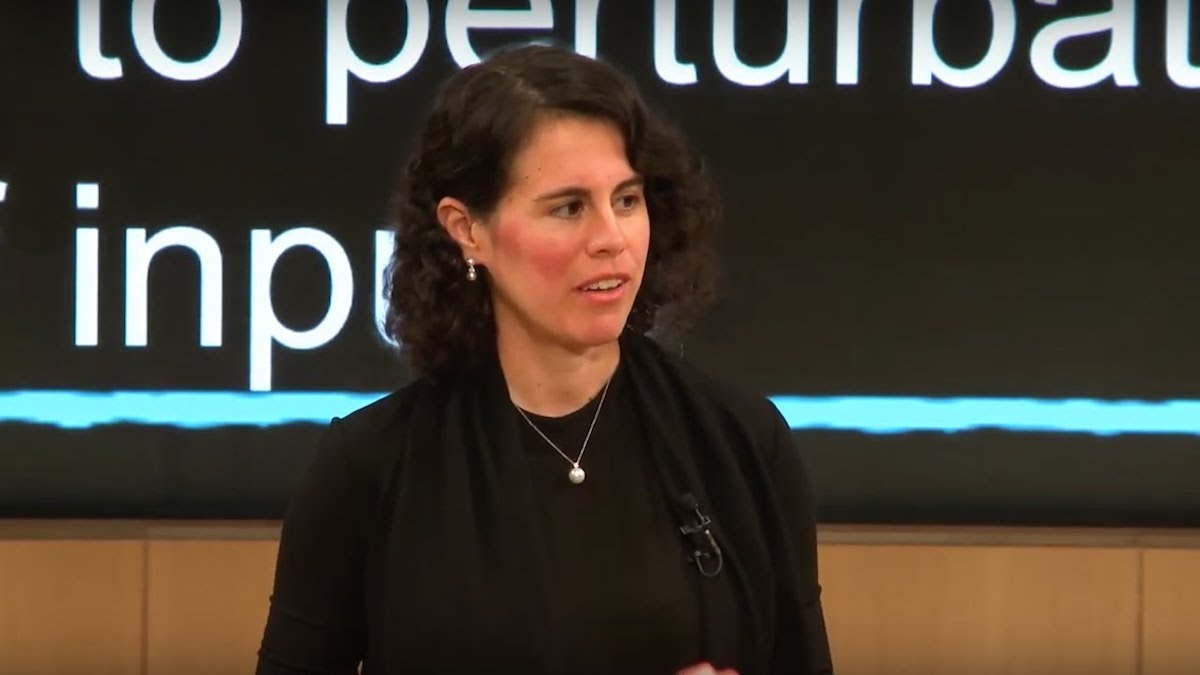Managing in the Digital Economy
Whether you’re a traditional conglomerate embracing digital transformation for the first time or a cutting edge tech startup looking to scale, managing in the digital economy lends a whole set of new managerial challenges (as well as some age old ones).
Digital transformation’s emerging effect on customer expectations
Times have changed. Our online experiences have reshaped our expectations of real life. For instance, consider your last online shopping experience. Ecommerce provides consumers the opportunity to leverage detailed reviews and recommendations and also enables a level of pricing transparency, all of which helps make wise purchasing decisions. Long lines don’t exist online and products […]

A responsibility to judge carefully in the era of prediction decision machines
The past seven years have witnessed the resurgence and perfection of neural networks, the present-day king of prediction machines. It wasn’t always clear that these highly parameterized, flexible methods of machine learning could actually work. While many of the pioneering ideas date back to the 1990s and even 1980s, including those contributed by researchers recognized […]

- AI & Future of Business Technology
- Future of Work
- New Operating Models and Business Models
- Performance and Metrics
Competing in an AI-driven world
No longer just “cool tech” or an innovative way of doing business, artificial intelligence (AI) has shifted from a novelty to a necessity. In their upcoming book Competing in the Age of AI: Strategy and Leadership When Algorithms and Networks Run the World, Harvard Business School professors Marco Iansiti and Karim Lakhani illustrate how the […]

Two powerful ways managers can curb implicit biases
Many managers want to be more inclusive, but they don’t know how to get there. They are often not given the right tools to overcome the challenges posed by implicit biases. Research shows there are two, small—but more powerful—ways managers can block bias: first, by closely examining and broadening their definitions of success, and second, […]

Barriers, not the pipeline, prevent gender equality in tech
The argument that the education pipeline does not produce enough qualified women to take up positions in science and technology-related industries does not hold water. In the US, labour force data show that the number of women working in computing and other digital technology jobs is disproportionately lower than the number of women graduating from […]

The costs of inequality: for women, progress until they get near power
This article originally appeared in The Harvard Gazette. It is the best of times. Nearly equal numbers of American women and men now go into medicine and law. More women than men graduate from college and graduate school. The gap between men’s and women’s pay has shrunk in recent decades. It is the worst of […]

When meritocracy is a myth
Access isn’t everything. As “tech jobs” in fields like software engineering and data science have become among the most lucrative and exciting in the current economy, concern about who holds these jobs, and reaps their rewards, has grown, and not only among industry watchers and experts. Technology companies feel increasing pressure from investors, the public, […]


